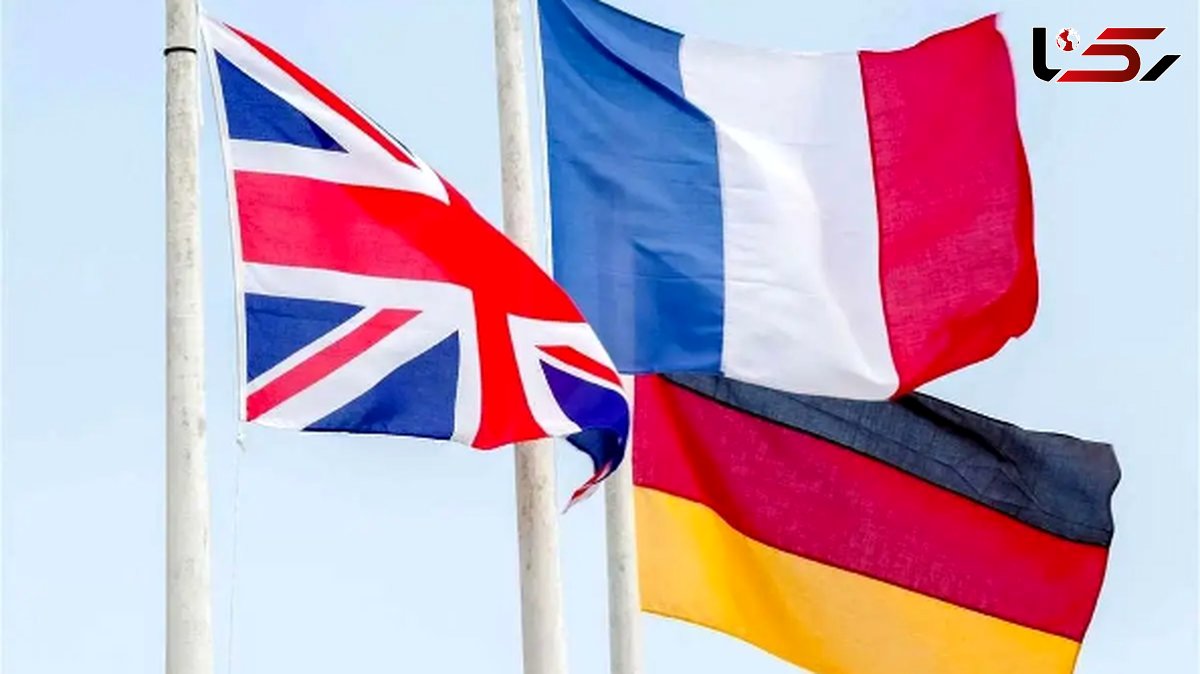Former European Diplomat
Warns of Dangerous Consequences of Troika's Snapback Decision on Iran
Rokna Political Desk: Marco Carnelos, a former Italian diplomat who has served as ambassador to Iraq and Somalia, has criticized the European Troika's (France, Germany, and the UK) decision to activate the UN's snapback mechanism, which reinstates sanctions on Iran. He described this move as a "wrong and dangerous" action that could escalate regional tensions and have serious repercussions.

Carnelos pointed out that the European response was notably subdued when the United States unilaterally withdrew from the Joint Comprehensive Plan of Action (JCPOA) in 2018, leading to widespread disappointment in Europe. He emphasized that, since then, the European Troika has increasingly aligned itself with U.S. and Israeli positions, often justifying their actions with vague statements rather than taking concrete steps to uphold the agreement.
In his analysis, Carnelos argued that the snapback mechanism, which was triggered on August 29, 2025, is legally questionable. He noted that the European countries involved have not followed the proper dispute resolution procedures outlined in Articles 36 and 37 of the JCPOA. Iran maintains that it has adhered to the agreement, asserting its right to reduce commitments in response to the U.S. withdrawal and Europe's failure to fulfill its obligations.
Carnelos concluded that the European Troika's decision to activate the snapback mechanism could further destabilize an already tense region, portraying Europe as a tool of U.S. and Israeli pressure rather than an independent diplomatic actor.
Send Comments